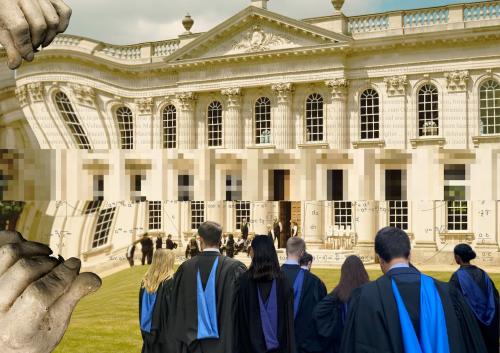

2:00 pm EDT - 3:30 pm EDT
Past Event
2:00 pm - 3:30 pm EDT
1775 Massachusetts Avenue, N.W.
Washington, DC
20036
The modern workforce is changing in response to rapidly emerging technological innovation. Technology, long seen as a driver of economic growth, is replacing workers in many fields. This raises questions about the economic and social effects of innovation. If society needs fewer workers due to automation and robotics, how will social benefits be delivered? Will those outside the workforce for a lengthy period of time be able to obtain health care, pensions, and other forms of social insurance?
On October 26, the Center for Technology Innovation at Brookings hosted a forum to explore the impact of robots, artificial intelligence, and machine learning on the workforce and the provision of benefits traditionally supplied by—or in conjunction with—employers. A panel of experts will discuss the social impacts of the upcoming robotic revolution and the influence of greater technological advancements on the way humans work and live.
![]()
Join the conversation on Twitter at #robotwork and @BrookingsGov
2:00 pm - 3:30 pm
On October 26, the Center for Technology Innovation at Brookings hosted a forum to explore the impact of robots, artificial intelligence, and machine learning on the workforce and the provision of benefits traditionally supplied by—or in conjunction with—employers.


Landry Signé
January 23, 2026

Nicol Turner Lee, Lev Gonick
January 22, 2026

Tom Wheeler
January 21, 2026